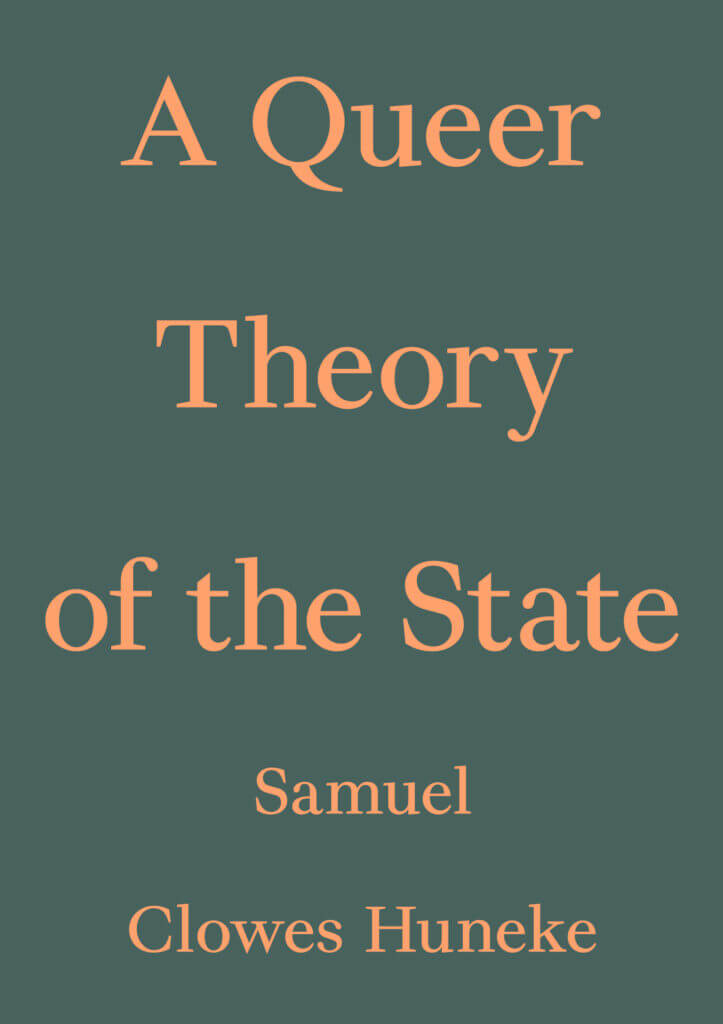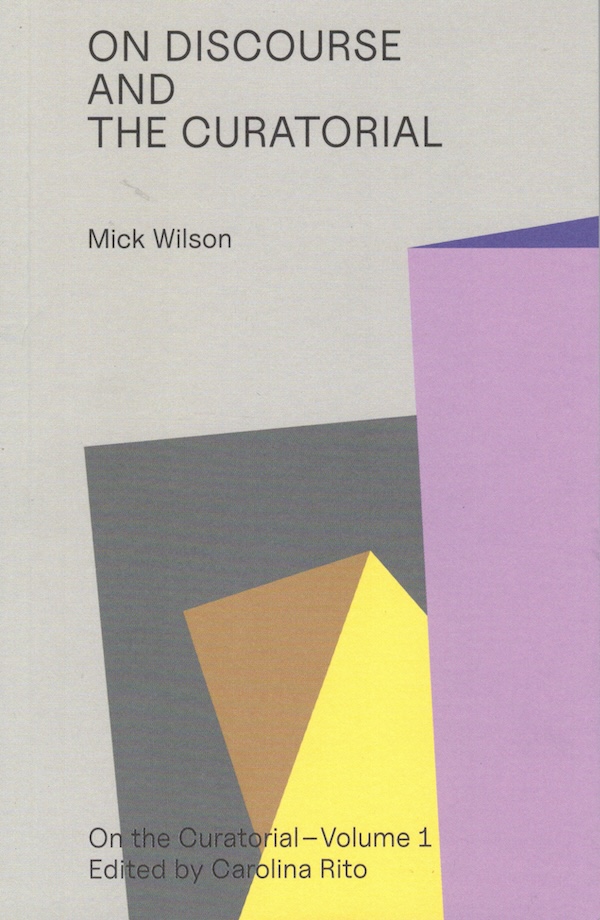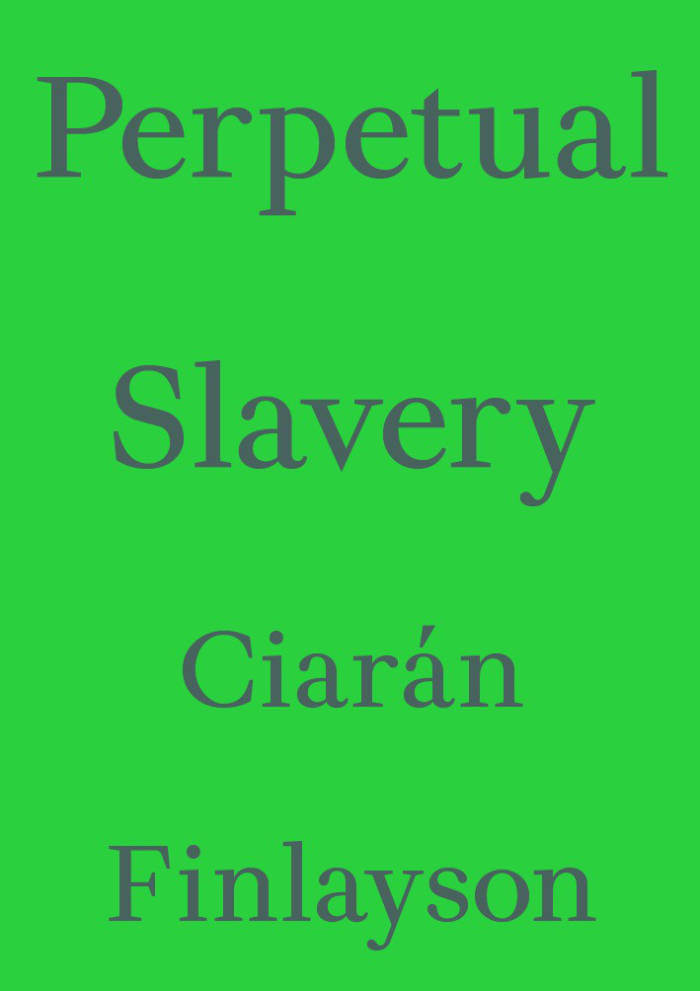
A Queer Theory of the State
How queer theory can wed its critically anti-normative impulses to the empirical need for a state.
Queer theory has often been hesitant to align itself with a politics of the state, approaching it with a negative or pragmatic framework. A Queer Theory of the State offers a more optimistic perspective. Rather than eschew engagement with democratic theorizing, the historian Samuel Clowes Huneke asks how queer theory can wed its critically anti-normative impulses to the empirical need for a state. In answering this question, Huneke shows how the state is an integral component of a politics that seeks to subvert and undo the oppression of queer lives.
Samuel Clowes Huneke is assistant professor of history at George Mason University. His first book, States of Liberation: Gay Men Between Dictatorship and Democracy in Cold War Germany (2022), won the Charles E. Smith Award for best book in European History from the European History Section of the Southern Historical Association. Huneke has written for Boston Review, the Washington Post, The Point, and the Los Angeles Review of Books.







